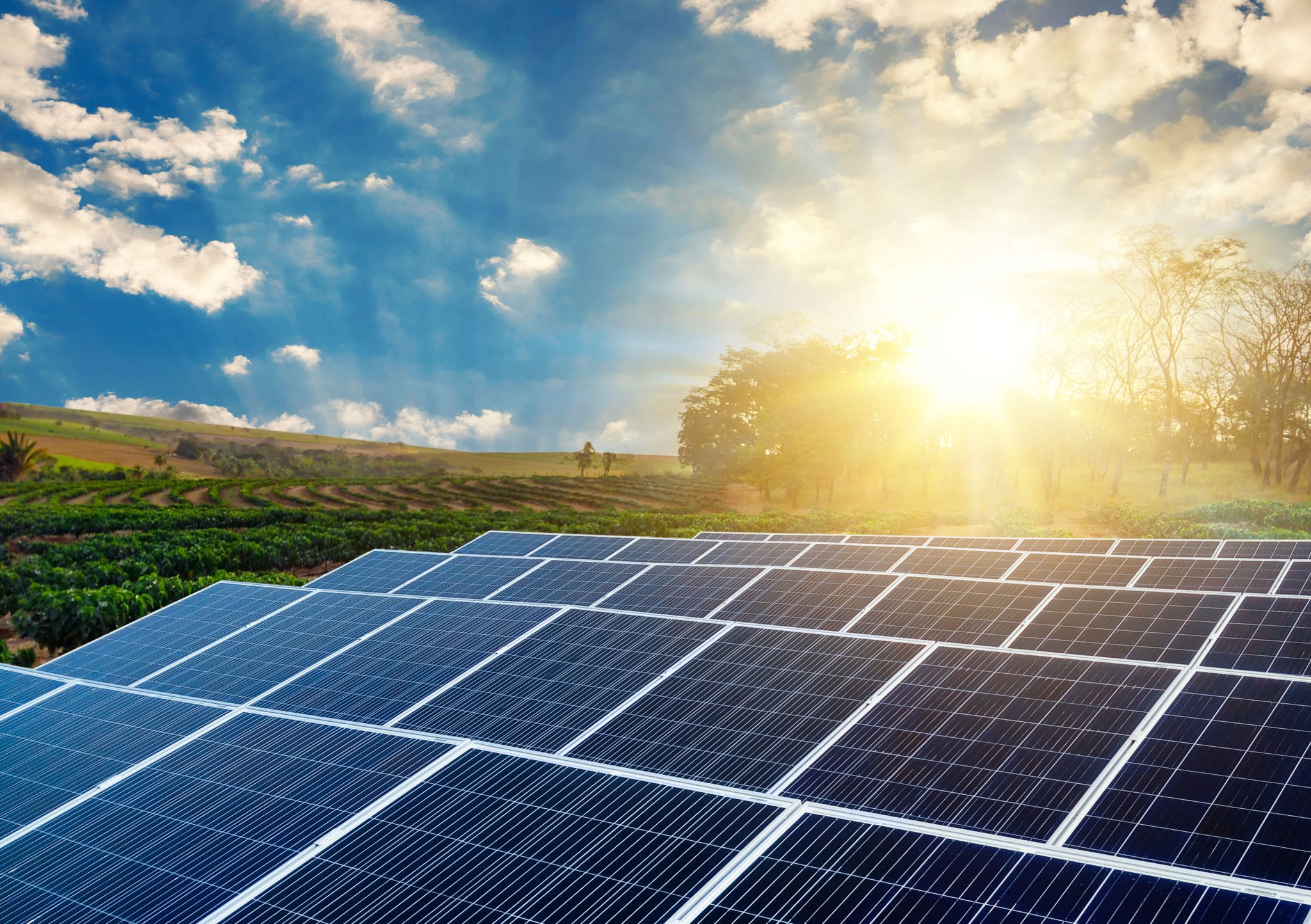
If your organization is looking for commercial solar energy solutions in California, it’s important to find a commercial solar company that’s experienced and the right for your company. The best place to start is with the right questions! This guide will help you get started when you are discussing a solar installation with providers.
1. Are You Licensed, Insured, and Experienced in Installations in My State?
Always make sure that a solar provider is qualified to work with you in the state where your business operates. You need a reliable solar energy company in California that understands state laws, incentives, and trends to help your organization benefit as much from solar as possible.
2. Can I Take a Look at Your Portfolio?
Ask to see examples of previous projects that the provider has worked on. If you want more details, ask about their specific role in the installation, what problems they solved for their partners, and the ROI of certain kinds of projects. An experienced provider should be able to provide plenty of examples for commercial and industrial solar in California. Ask for references if you want even more information.
3. What Will My Cost Savings Look Like?
This is a vital question for any industrial solar project that quickly gets to ROI specifics that a business will need when making solar decisions. The answer will vary depending on the size of the project, how solar electricity will be managed, how much of the energy the business will use itself (vs. sending it out into the grid), and many more considerations. Coldwell Solar can offer consultation to help create a timeline estimate for when the business will see savings across the lifetime of the solar installation, and how much they can expect to save.
4. What Financing Options Do You Support?
There are a variety of commercial solar financing options that businesses must manage the initial cost of investment. Coldwell Solar, for example, offers lease-to-own options and PPAs (Power Purchase Agreements) that can allow for large solar projects in California to be installed at little to no cost for the owner – along with more traditional financing choices. Look for a provider that can offer financing options that are the right fit for your plans.
5. Can You Help Me Manage Energy Credits?
Renewable energy can produce both solar and California LCFS program credits. These credits can be used to offset deficits incurred through other activities, but they can also be traded on the market as a potential source of cash for the organization. Ask if your provider can help with this or complete trading activity for your organization so that you don’t have to worry about it.
6. How Will a Solar Project Affect My Current Space?
This is always a good question to get out of the way early so that proper construction plans can be made. In most cases, solar installations will have a minimal impact on existing structures or activities. With agricultural solar panel systems, for example, a variety of crops can be grown under the solar panels, and cattle can safely graze around the structures. Parking lot solar systems are another example of installations that don’t need to affect activity below – or, in the case of EV charging stations, can actively improve the experience.
7. What Will the Construction Process Look Like?
An organization needs to create a schedule and timeline for the installation itself. Not only does this help the company prepare for any logistics changes that need to be made (a solar car lot, for example, may not be able to be used while the panels are being installed), but it also allows for a variety of detailed follow-up questions. For example, your company may want to discuss if the provider uses any subcontractors, and what qualifications those subcontractors have. Owners worried about potential damage or wear may also want specifics on how solar panels will be fastened or the exact brand and model of solar panels that will be used.
8. What Is Your Solar Maintenance Plan?
Every experienced provider should also be able to discuss solar maintenance plans and what will need to be done throughout the lifetime of the installation. While solar panels need relatively little maintenance compared to other energy installations, large solar projects in California should still have scheduled maintenance for cleaning, watching for any signs of damage, and adjusting or repairs for maximum efficiency.
9. What Do Warranties for This Type of Installation Look Like?
Ask the provider about what warranties they offer for an installation in case something goes wrong, and the process for dealing with a replacement or similar issue.
10. Do You Offer Solar Storage Options?
Solar energy storage uses deep-cycle batteries to store unused electricity for later use. They can make solar installations more efficient and useful, but a provider needs to have experience with installing and maintaining solar storage if you are interested in this option.

